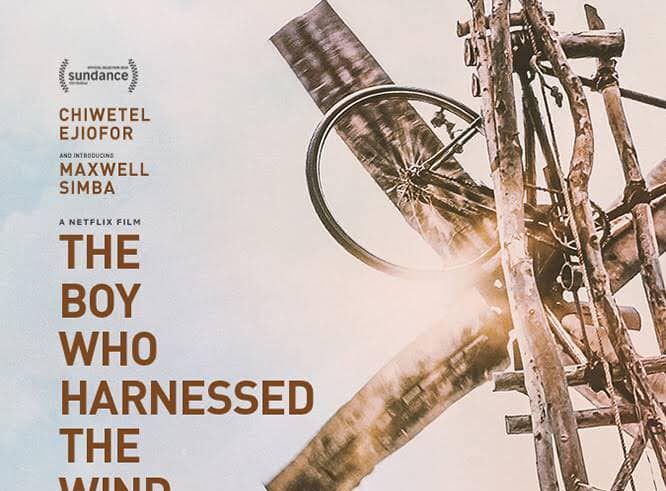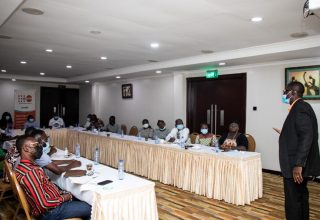
Film is powerful. Telling stories using film can be even more compelling. A lot of what media is; is essentially a tool for informing and educating people. Even more important is how it can inspire, challenge and galvanize people into action–positive action of course!
Watching ‘The Boy Who Harnessed the Wind’, a BBC Original on Netflix, gave me a better appreciation of the impact film can have. The story is set in Malawi, within a village, where a boy, William, uses wind energy to help create an irrigation system for his people when they were faced with a drought.
Themes highlighted in the movie included: politics, rural life, communalism, education, innovation; science and technology. Although a large part of Africa is getting urbanized today, there are still many parts where people live in the most basic way. In these places, including villages, people are plagued with apparent challenges including lack of potable water, electricity, dependence on subsistence farming for survival, and a host of many others.
But if they are to survive, it was important that they create local solutions for their local problems. This is essentially what I think the film did and the production team deserves commendation for achieving that.
In fact, I was happy I watched this. Why? These were my people; black people; African people, that I was watching in motion picture. It gave me a deep sense of appreciation of how difficult our circumstances have been and continue to be, and why Africans, especially those who make it out of destitute conditions still have determination to see light at the end of the tunnel are heroes and heroines.
For me, the movie challenged me to be a different politician if I have the opportunity, to serve my people well by creating opportunities for them through education and encouraging science and technology. This is because the Government of the day as portrayed in the movie was deaf to the plea and blind to the plight of the rural folk.
Let me add the interesting part–the gender dimension. It was William’s mother that believed in her son and even admonished the father for him to give the child the support he needed to implement his idea. She went to the school when the boy was expelled, (for failure to pay fees and sneaking into class when he had been asked to go home), while negotiating a way for him to use only the library at least, since the family didn’t have money to pay his school fees.
What was the result? It turned out that after his father gave up his bicycle—his treasured possession—and together with the community gave support to the idea, it worked and the people could farm all year without having to ‘pray for rain’ as they’d always done.
This is what we should be watching… stories of our people; set in our own lands and cultures but that are rebellious to mediocrity and the status quo. Hopefully, our fortunes will change, and our taste for film will change too. It really has to if we have to first create in our minds the #AfricaWeWant!
P.S. The movie was based on a true story.
By JP Lawson
Youth Advocate and Creative Writer
jplawson053@gmail.com















